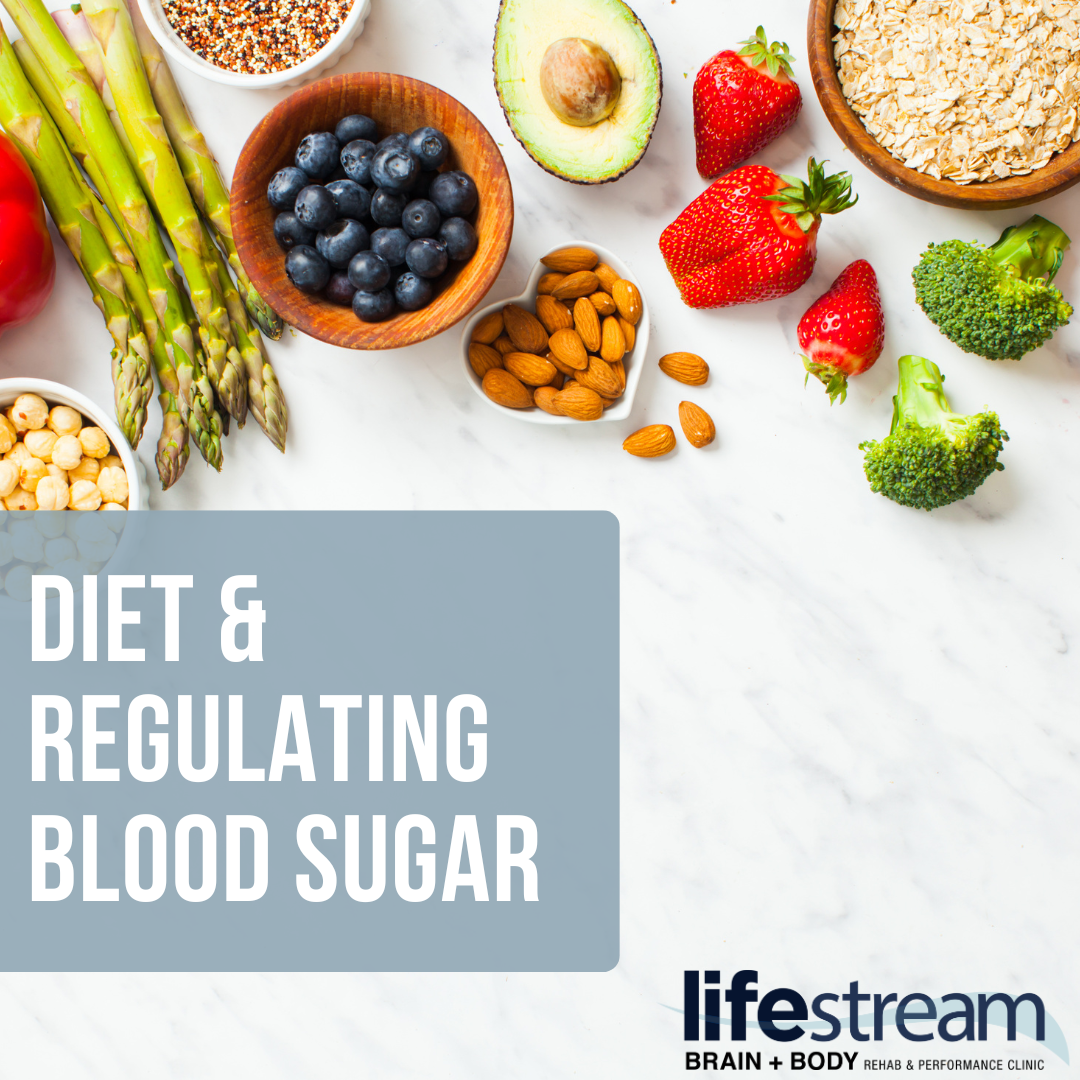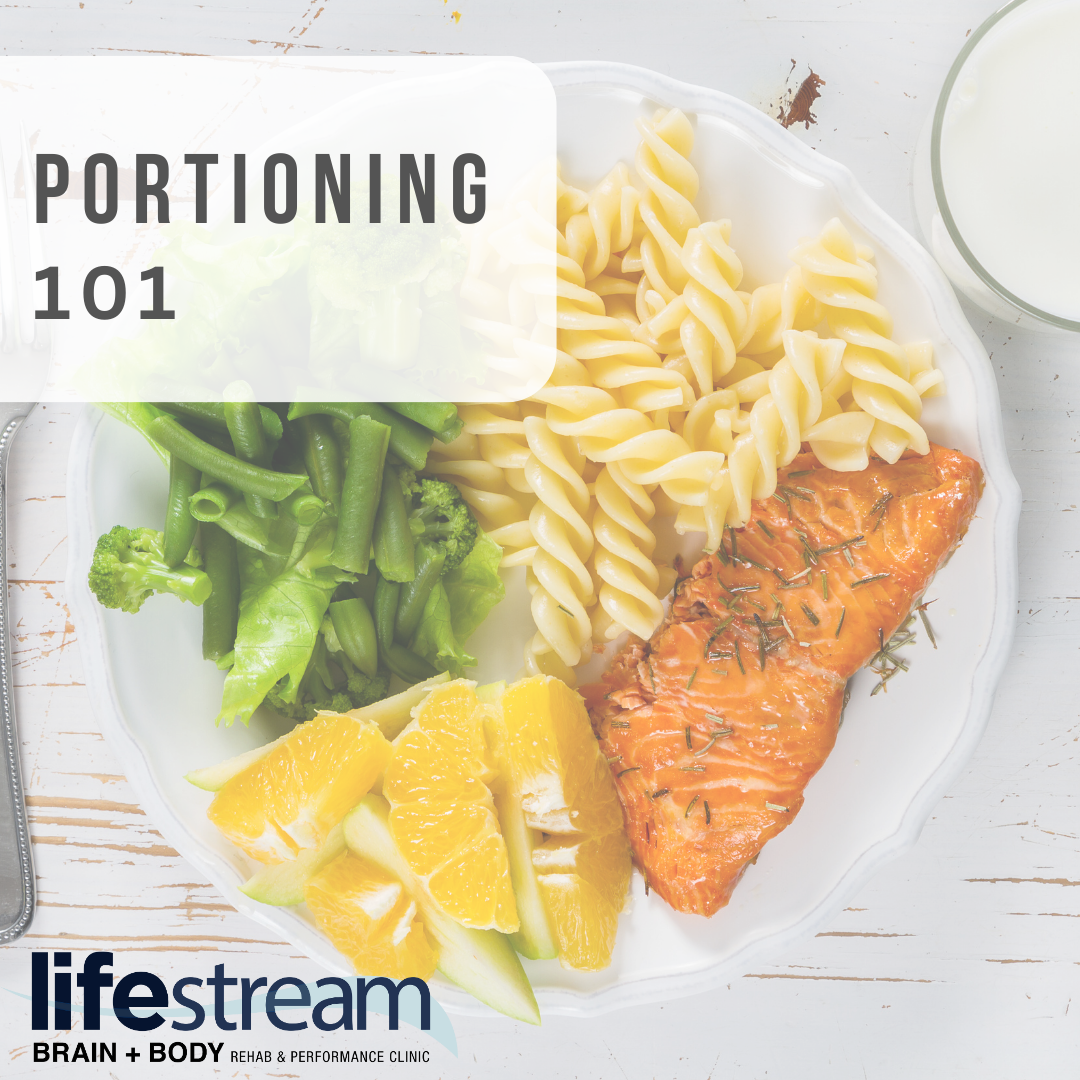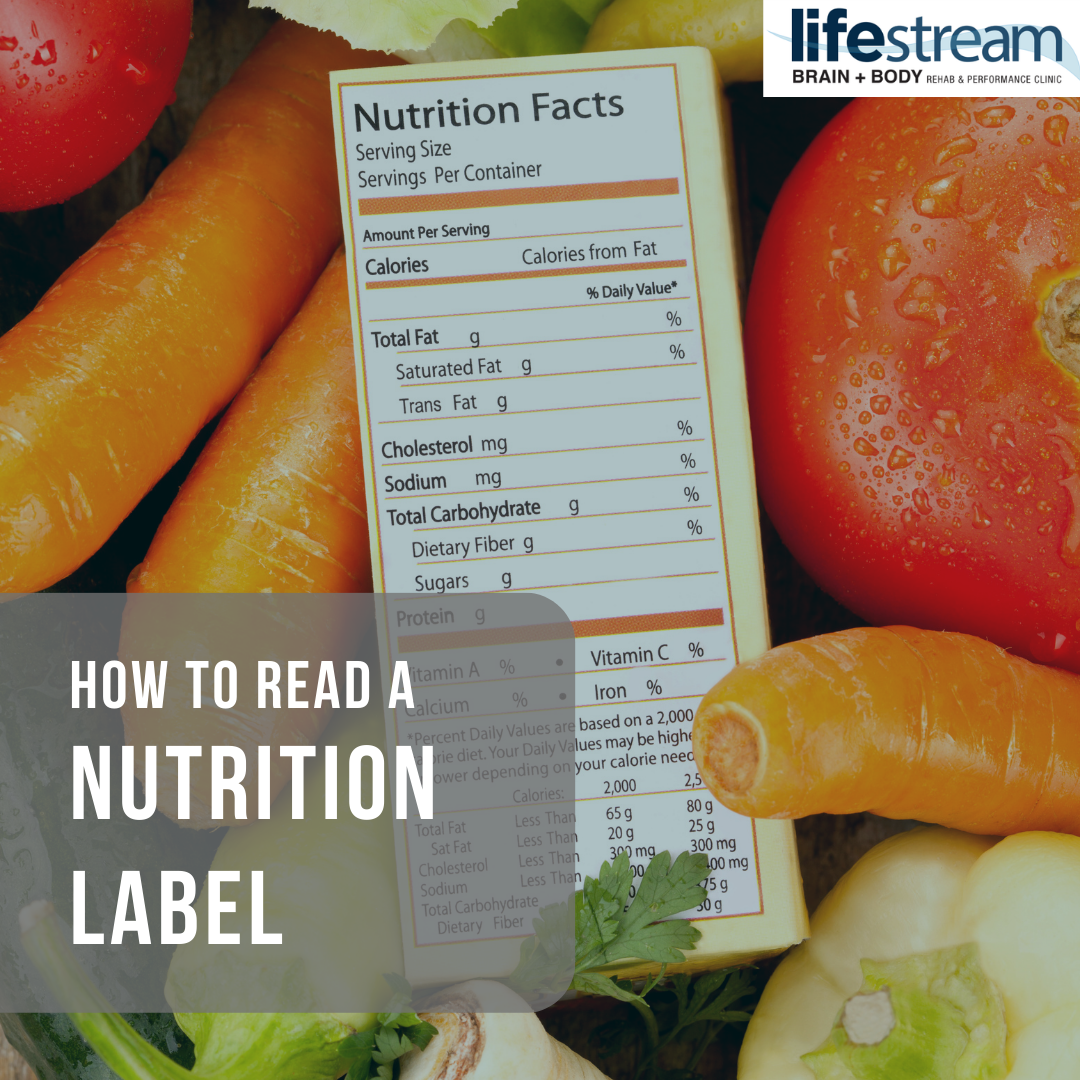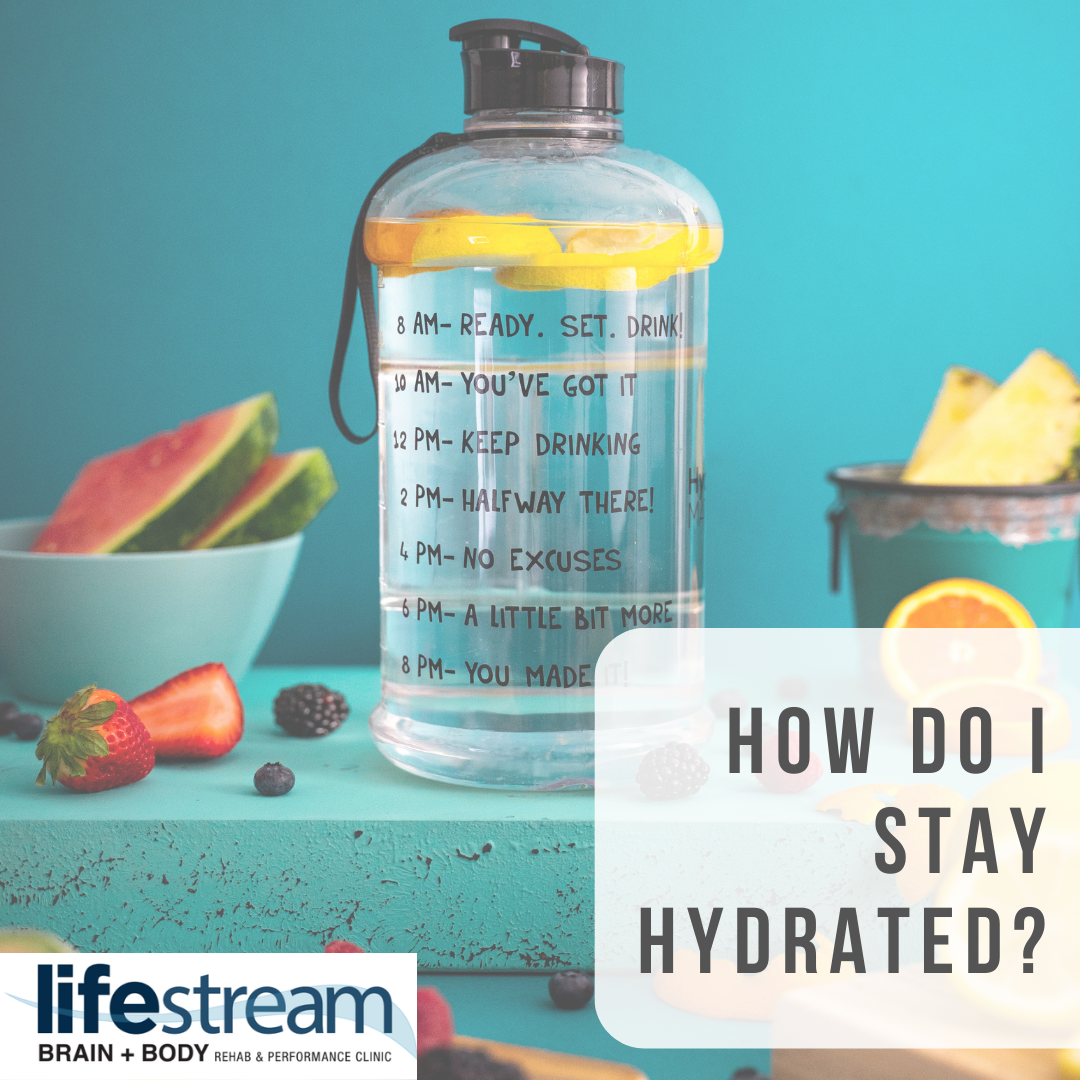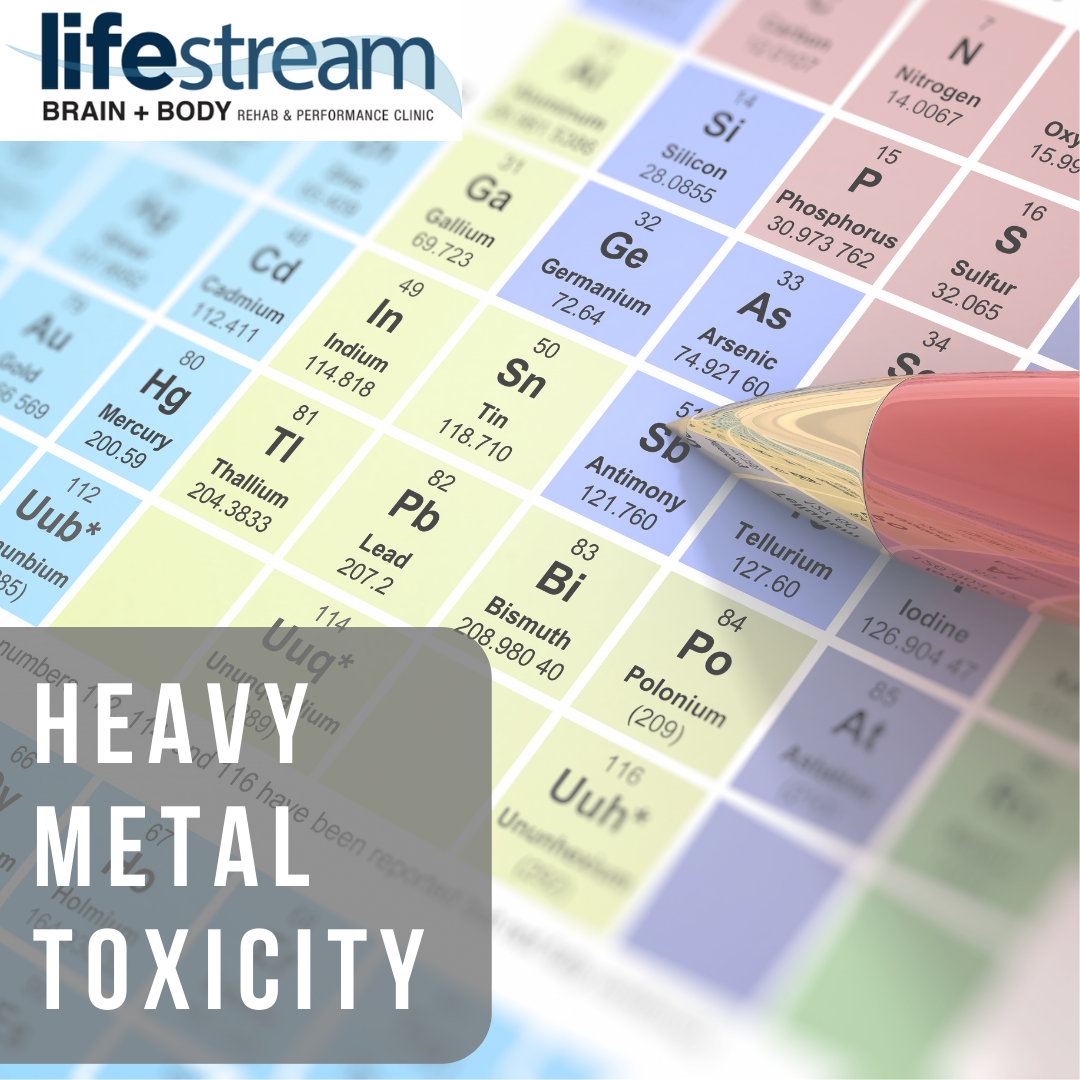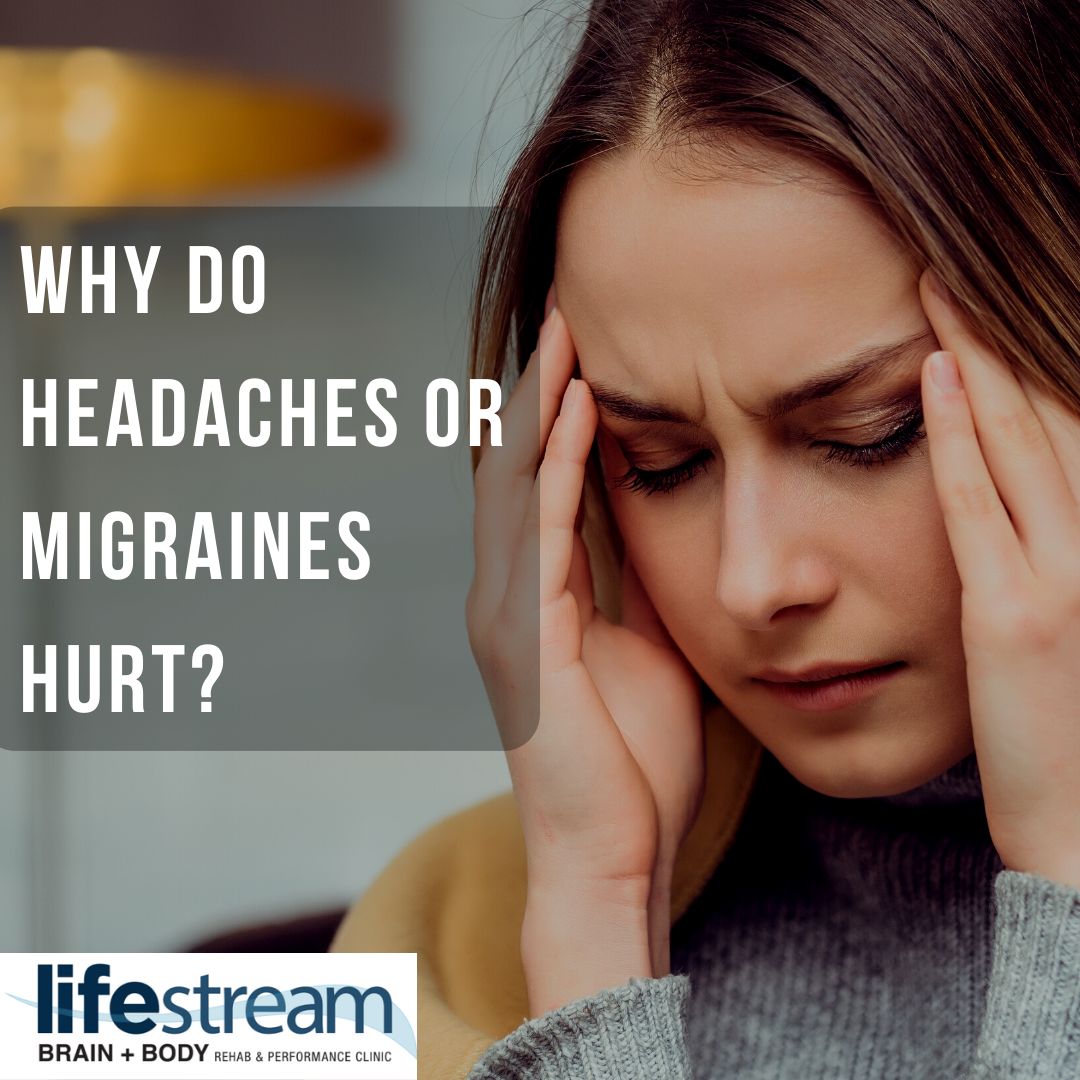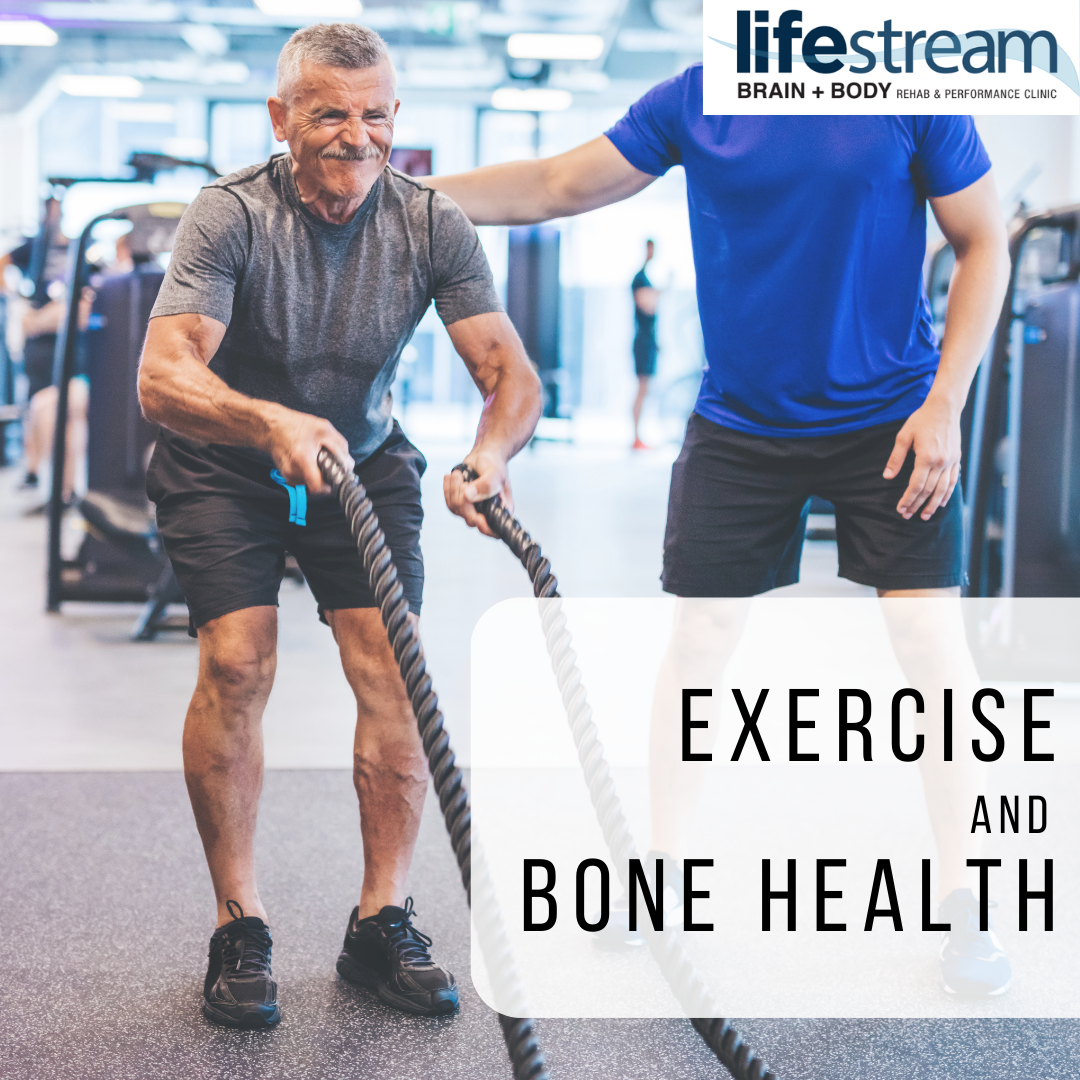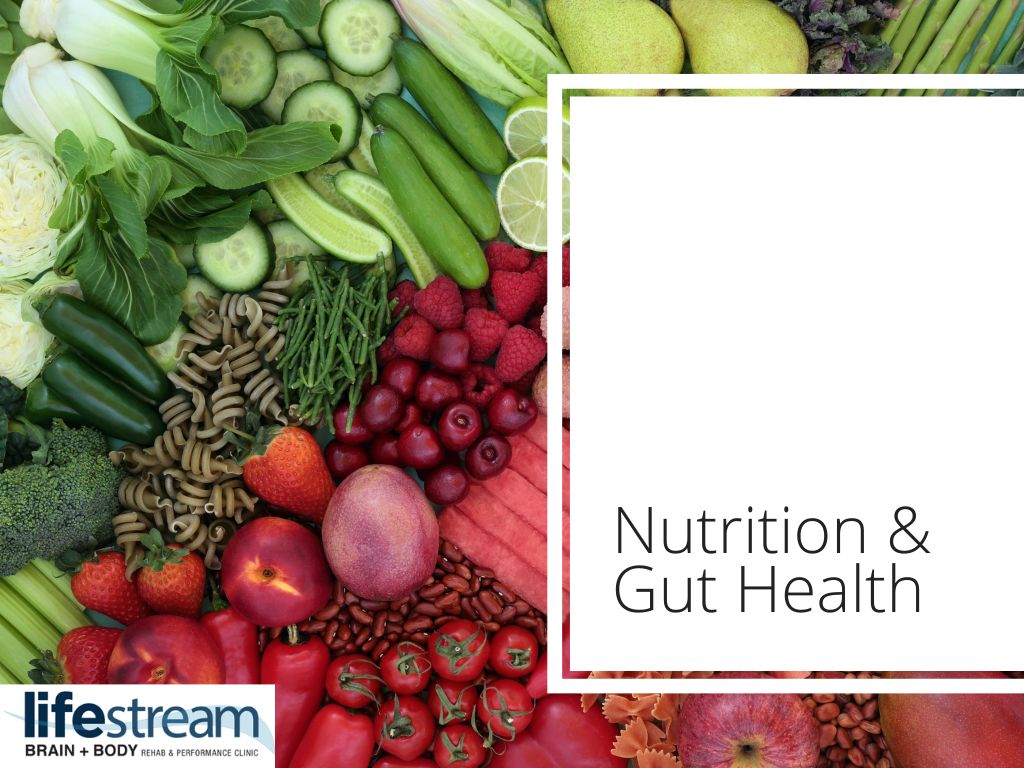Diet & Blood Sugar Regulation
You might be thinking that this isn’t relevant to you because you are a healthy weight and do not have pre-diabetes or any family history of diabetes. This is still relevant for you though.
Why is blood sugar regulation important for everyone?
Diabetes is not a “fat person” disease, even though an increase in body weight is a risk factor for developing diabetes. Blood sugar dysregulation, or dysglycemia, is a general term describing when blood sugar levels are too low or too high. This can happen to people who have a healthy weight. To summarize the content from last week’s post, when an individual has type 2 diabetes, the cells in their body that usually take glucose from the blood in response to insulin no longer do so like they should (this is called insulin resistance). The cause for this isn’t completely known but it is likely multifactorial. The body is supposed to regulate the hormones involved in blood sugar (insulin and many others) in order to maintain a balanced blood sugar that isn’t too low or high. A number of factors are associated with high blood sugar and the body’s regulation of blood sugar that can lead to insulin resistance and then diabetes. Physical factors such as eating too many carbohydrate-rich foods that raise your blood sugar, chronic stress, illnesses, gut health, presence of endocrine-disrupting chemicals (refer to this blog post about EDC’s), and lack of physical activity can affect blood sugar. Other factors such as genetics and family history of diabetes and excess weight can also affect the development of diabetes.
We can do a lot with our diet and lifestyle to help our body out so it doesn’t have to work so hard to manage our blood sugar levels!
In last week’s blog, we talked about picking the right kind of carbs and incorporating a balance of fiber, protein, and fat along with your carbs. Let’s dive more into that!
Components of a blood sugar-balancing meal/ snack:
- Complex carbs:
-
-
- Whole grains such as oatmeal, brown rice, quinoa, and whole-wheat breads and pastas provide extra fiber and nutrients such as B vitamins, iron, and other important minerals.
-
-
- It should be noted that most plants (grains, fruits and vegetables, beans, etc.) have chemicals we classify as “anti-nutrients” that can bind up the nutrients in the grains so that we can’t absorb them.
- Preparation method greatly affects the availability of these nutrients such as soaking, fermentation (sourdough bread), or boiling.
-
-
- Fruits and vegetables provide beneficial fiber, complex carbohydrates and starches, water, vitamins, minerals, antioxidants, and other beneficial compounds that help to manage blood sugar.
- Legumes (peans, peas, and lentils) are another great complex carb choice if they don’t cause any digestive distress.
- Whole grains such as oatmeal, brown rice, quinoa, and whole-wheat breads and pastas provide extra fiber and nutrients such as B vitamins, iron, and other important minerals.
-
-
- Nutrient-dense simple carbs:
-
-
- Simple carbs don’t necessarily need to be completely avoided, but you can pair them with other slower digesting foods to balance your blood sugar.
- Dairy:
-
-
- High quality milk (organic and/ or non-homogenized if you can)
- Yogurt with live cultures (these provide beneficial probiotics for your gut)
- Ice cream with simple ingredients for a special treat (cream, milk, sugar, egg yolks, salt)
-
-
- Some fruits and vegetables:
-
-
- Fruits with more simple sugars and other nutrients: bananas (less ripe bananas have less sugar and more fiber), watermelon, mango, raisins, dates, etc.
- Fruits with more starch: carrots, potatoes, corn, squash, etc.
- Try to pair these items with a healthy protein or fat source.
-
-
-
-
- Healthy fats:
-
-
- Foods high in healthier fats:
-
-
- Avocados, nuts and nut butters, olives, seeds (flax, chia, pumpkin, sesame).
-
-
- Oils:
-
-
- The quality of the oil is almost as or more important than the oil itself. The unsaturated fatty acids present in oils are highly susceptible to damage from heat, oxygen, and other environmental factors that destroy the health benefits of the oil .
- Good oil sources: cold-pressed oils such as avocado oil, coconut oil, and olive oil (they will have more enzymes and nutrients).
-
- Avoid cooking with olive oil though as it has a low smoke point. Use olive oil in dressings or drizzling it on freshly made foods such as bread or soup.
-
- Try to limit/ avoid: fried foods (the high heats can destroy the oils), rancid oils, and poorly stored oils (store in a dark, cool room in a darker glass bottle with a tight lid).
-
-
- Foods high in healthier fats:
-
-
- Protein:
-
-
- Meat is one of the most abundant sources of protein:
-
-
- High intakes of red meat are associated with health risks; however, meat is one of the main sources of the B vitamins and it is the most highly absorbed form of iron.
-
- Aim for 2-3 servings a week of lean red meats such as beef and pork
- Try to get organic and/ or grass-fed if you can
-
- Poultry: lean cuts of chicken and turkey are great sources of protein and nutrients
- Fish: fatty cuts of fish such as salmon, sardines, oysters, and trout are great sources of healthy omega 3’s and other nutrients
- Organ meats such as liver are a nutrient powerhouse! Try mixing it with ground beef or turkey for extra nutrition.
- High intakes of red meat are associated with health risks; however, meat is one of the main sources of the B vitamins and it is the most highly absorbed form of iron.
-
-
- Other nutrient-dense sources of protein: eggs (opt for “free range”), dairy (refer to the list above), and lean cheeses (feta, ricotta, mozzarella, etc.)
- Meat is one of the most abundant sources of protein:
-
-
Tying all of this information together, you want to try to incorporate elements of all of these types of foods into your meals and snacks. This will help to balance your blood sugar.
- Find a way to manage the stress in your life whether that’s seeking help from a counselor, adding in stress-reducing practices, journaling, etc.
- Increase your overall physical activity by aiming to be physically active at least 3- 5 days a week doing something you enjoy
- Go on a walk about a bigger meal
- Try to eliminate endocrine-disrupting chemicals in your life such as BPA (switch to using glass storage containers and water bottles instead of plastic), phthalates, sulfates, and more (these chemicals are often present in beauty products, self-care products, and cleaning supplies)
Please talk to your doctor if you suspect you have diabetes or if you gave diabetes and want to make some diet and lifestyle changes!
Sources:
https://med.stanford.edu/news/all-news/2018/07/diabetic-level-glucose-spikes-seen-in-healthy-people.html
https://diabetes.org/healthy-living/medication-treatments/blood-glucose-testing-and-control/hypoglycemia
https://www.sciencedirect.com/topics/medicine-and-dentistry/dysglycemia
https://www.cdc.gov/diabetes/basics/insulin-resistance.html
https://diabetes.org/healthy-living/medication-treatments/blood-glucose-testing-and-control/hyperglycemia
https://www.ncbi.nlm.nih.gov/pmc/articles/PMC9561544/
https://www.ncbi.nlm.nih.gov/pmc/articles/PMC7344713/
https://www.hsph.harvard.edu/nutritionsource/carbohydrates/carbohydrates-and-blood-sugar/
https://www.hsph.harvard.edu/nutritionsource/what-should-you-eat/whole-grains/
https://www.ncbi.nlm.nih.gov/pmc/articles/PMC4325021/
https://www.hsph.harvard.edu/nutritionsource/anti-nutrients/#:~:text=Phytates%20(phytic%20acid)%20in%20whole,interfere%20with%20normal%20nutrient%20absorption.
https://www.diabetes.co.uk/diet/glycaemic-index-diet-and-diabetes.html#:~:text=Higher%20GI%20fruits%20include%20bananas,%2C%20parsnips%2C%20beetroots%20and%20sweetcorn.
https://www.ifis.org/blog/food-lipid-oxidation-and-health#:~:text=Unsaturated%20fatty%20acids%20like%20omega,et%20al.%2C%201991).
https://www.ncbi.nlm.nih.gov/pmc/articles/PMC4110403/

